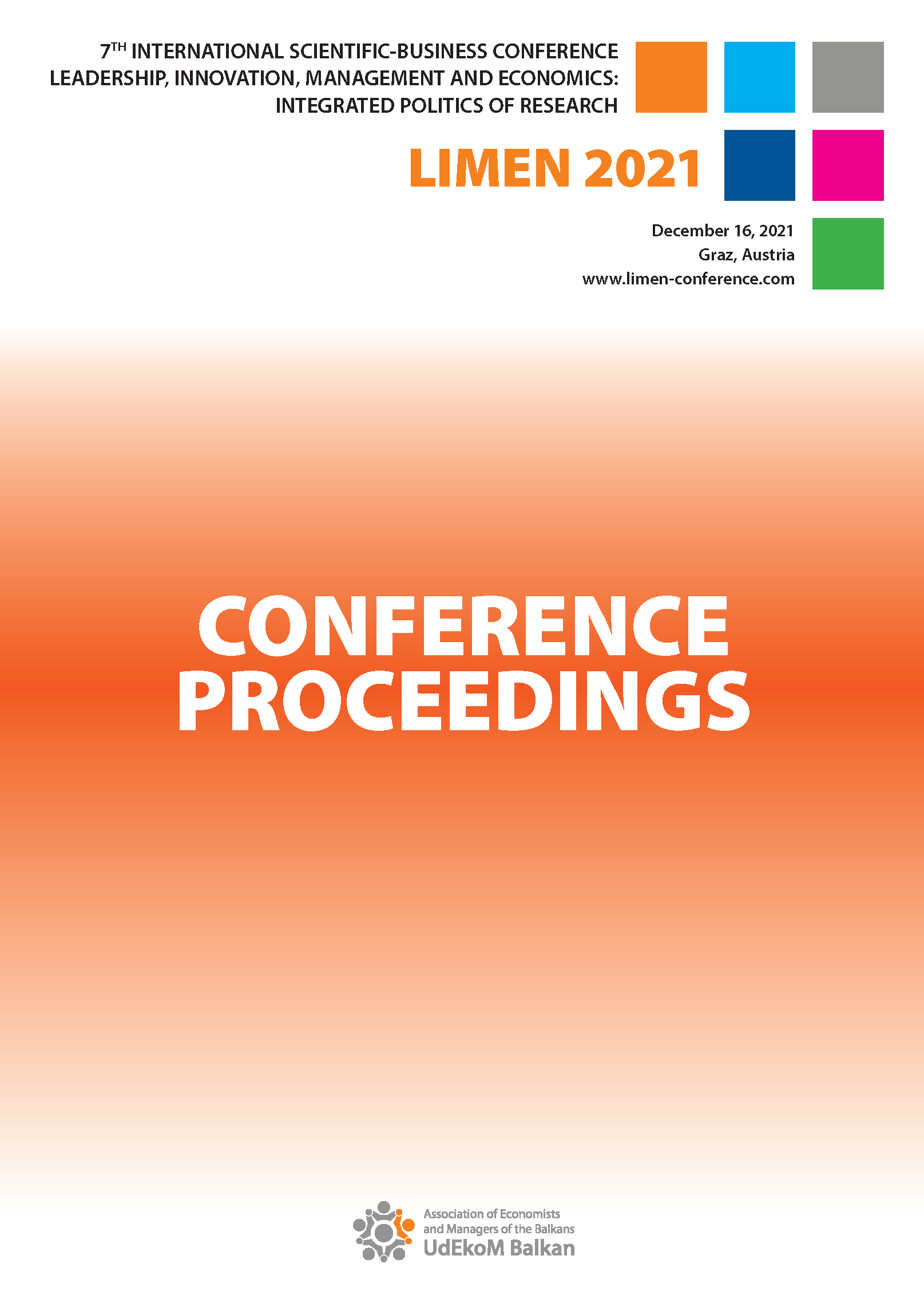Initial Conditions and Monetary Freedom in Former Communist Countries: An Instrumental Variable Approach
Initial Conditions and Monetary Freedom in Former Communist Countries: An Instrumental Variable Approach
Author(s): Delia-Raluca Șancariuc, Dragoș Cosmin Lucian Preda
Subject(s): Social Sciences, Economy
Published by: Udruženje ekonomista i menadžera Balkana
Summary/Abstract: Economic literature has widely discussed the importance of institutions in general, and that of monetary freedom in particular, for economic growth in post-communist countries, yet less is known about the determinants of institutional quality in these countries. While some studies argued that initial social conditions matter for institutional building, not much empirical work has been done to econometrically demonstrate their influence. The present paper flls this void by using regression analysis in order to assess the impact of the strength of civil society right after the fall of communism on monetary freedom in subsequent years, on a sample of former communist countries. As a simple OLS regression is prone to endogeneity problems, the author uses an instrumental variable approach, instrumenting the initial strength of civil society through the number of victims of terror during communism. The paper proves that the initial strength of civil society has a positive, significant and sizeable impact on monetary freedom 5-6 years after the transition process has begun.
- Page Range: 27-36
- Page Count: 10
- Publication Year: 2021
- Language: English
- Content File-PDF

